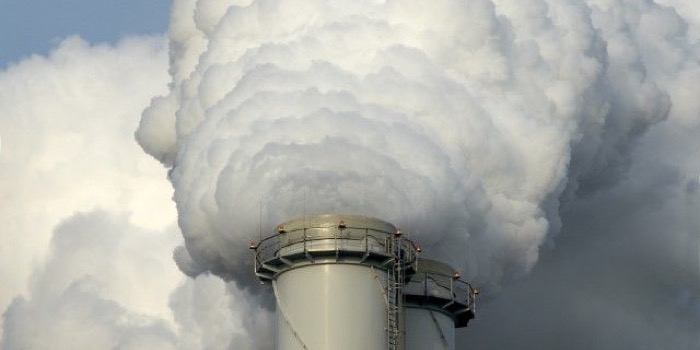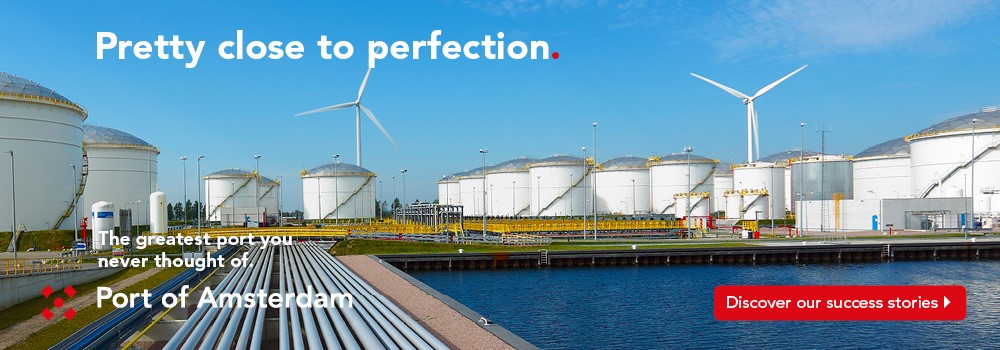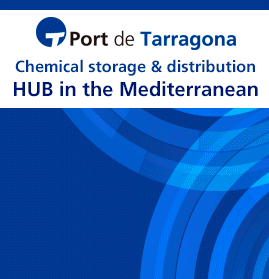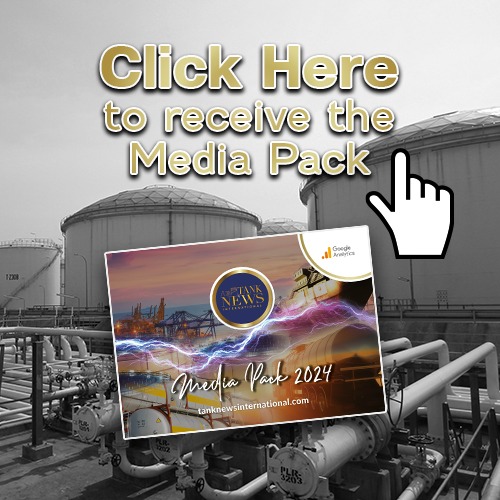Port explores CO₂ opportunities in Rotterdam
The Port of Rotterdam Authority, Gasunie and EBN are jointly examining opportunities to realise a basic infrastructure for the capture and transport of CO₂ in Rotterdam’s port area. This CO₂ can subsequently be stored in empty oil and gas fields in the North Sea seabed.
According to planning, the feasibility study should be rounded off around the end of the year. If the results are positive, the project will subsequently be worked out in further detail. The partners intend to take an investment decision during 2018, allowing the system to become operational by 2020. Their ambition is to store two million tonnes of CO₂ per year from 2020 on, a total that will run up to five million tonnes per year by 2030. In 2015, Rotterdam’s industrial sector released a combined total of nearly 30 million tonnes of CO₂ into the atmosphere.

CCS (Carbon Capture and Storage) is recognised both internationally and in the Netherlands’ new coalition agreement as a key instrument for the timely reduction of CO₂ emissions. Various organisations, including IPCC, IEA and PBL, have identified CCS as a crucial tool for realising the Paris agreements on climate action.
The oil refineries and the chemical sector have insufficient renewable or circular alternatives at their disposal for the short-term reduction of CO₂ emissions. This reduction is required to achieve the agreed climate targets. The capture and storage of CO₂ presents these sectors, which are important both in economic and social terms, with new opportunities to reduce their CO₂ emissions in the run-up to the transition toward a bio-based, renewable or circular business model.
CCS is part of a broad range of measures aimed at reducing CO₂ emissions. These measures are taken in tandem with fundamental innovations in production processes and chains that are intended to increase the sustainability of our economy – including bio-based industry, renewable energy, electrification of the industrial sector, recycling, the further development of hydrogen as an energy carrier, geothermal systems, etc. CCS is primarily seen as a cost-effective and swiftly-implemented solution that enables parties to achieve climate targets during the transition.
The point of departure for Gasunie, the Port Authority and EBN in this study is a robust basic infrastructure for transport and storage (a ‘backbone’) that various companies can use to dispose of their CO₂. Realising this loop pipeline (or ‘backbone’) and the associated storage infrastructure as a ‘collective facility’ will create significant economies of scale. This is also expected to have a favourable effect on the local business climate, since soon Rotterdam’s industrial production will have a smaller CO₂ footprint than production at other locations.
The partners are currently talking with several companies in the chemical and refineries sectors about the capture and supply of CO₂. They will wait with realising the required infrastructure until it becomes clear that companies will indeed make use of the system.
Besides storing CO₂ in the North Sea seabed, the partners also intend to supply a higher volume of CO₂ to horticultural firms and, in the future, possibly other (industrial) users (CCU). Two companies, Alco and Shell, already supply CO₂ to greenhouses in the Westland region. The horticultural firms use this CO₂ to speed up crop growth. Plants convert sunlight into oxygen and glucose, which is synthesised from CO₂ and water.
CCS is already successfully utilised at several locations around the world – most of them outside Europe. Previous initiatives in the Netherlands were all called off. The reason why this new project is considered particularly promising is that it concerns the storage of CO₂ in the North Sea seabed (opposed to land, as had been suggested for a site near Barendrecht). On top of this, the CO₂ is generated by industrial companies (rather than coal-fired power plants, as was the case in the recently-cancelled ROAD initiative) that lack fully circular or bio-based alternatives in the short term. All parties involved are aware that in the realisation of this project, gaining broad public support is just as vital as technical, financial and economic aspects.
For more information visit www.portofrotterdam.com
13th Nov 2017

















